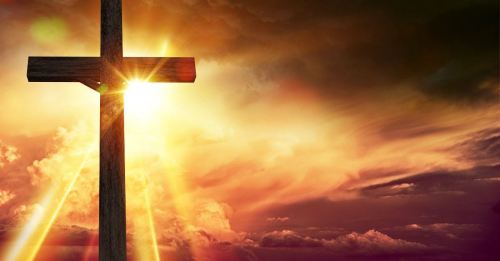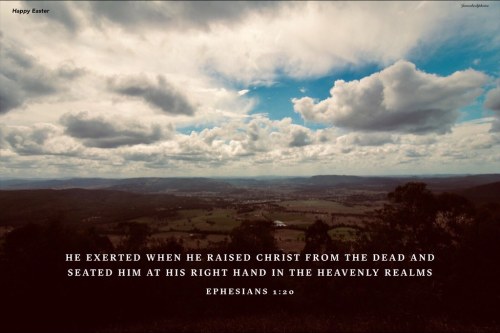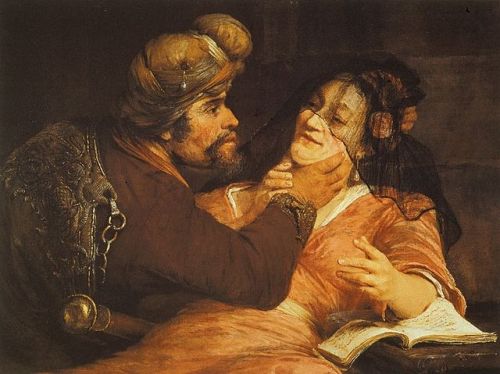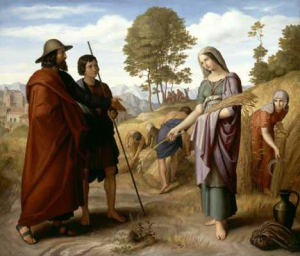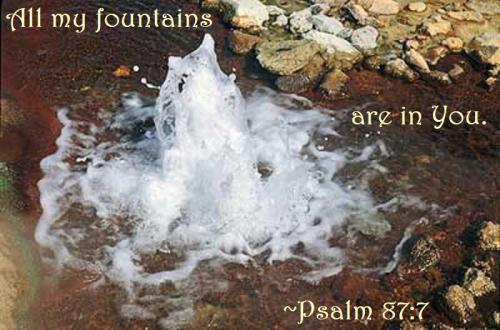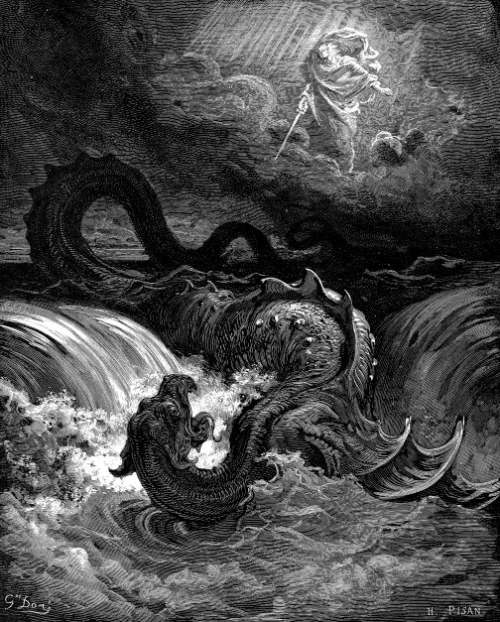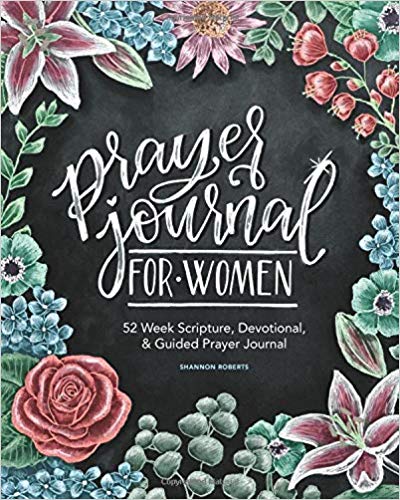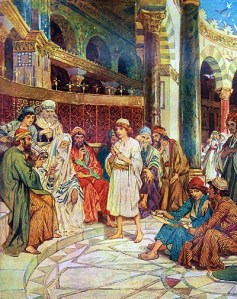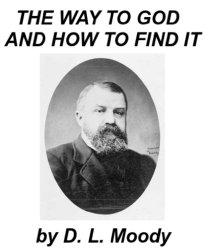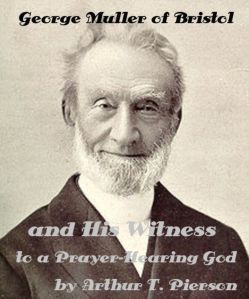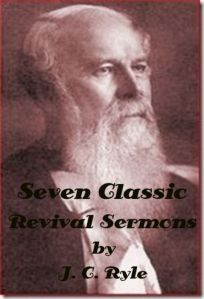Taken from the book “The Ministry of Intercession”
CHAPTER V
“If ye abide in Me, and My words abide in you, ask whatsoever ye will, and it shall be done unto you.”—John xv. 7.
“The supplication of a righteous man availeth much in its working.”—James v. 16.
“Beloved, if our heart condemn us not, we have boldness toward God; and whatsoever we ask, we receive of Him, because we keep His commandments, and do the things that are pleasing in His sight.”—1 John iii. 21, 22.
HERE on earth the influence of one who asks a favour for others depends entirely on his character, and the relationship he bears to him with whom he is interceding. It is what he is that gives weight to what he asks. It is no otherwise with God. Our power in prayer depends upon our life. Where our life is right we shall know how to pray so as to please God, and prayer will secure the answer. The texts quoted above all point in this direction. “If ye abide in Me,” our Lord says, ye shall ask, and it shall be done unto you. It is the prayer of a righteous man, according to James, that availeth much. We receive whatsoever we ask, John says, because we obey and please God. All lack of power to pray aright and perseveringly, all lack of power in prayer with God, points to some lack in the Christian life. It is as we learn to live the life that pleases God, that God will give what we ask. Let us learn from our Lord Jesus, in the parable of the vine, what the healthy, vigorous life is that may ask and receive what it will. Hear His voice, “If ye abide in Me, and My words abide in you, ye shall ask what ye will, and it shall be done unto you.” And again at the close of the parable: “Ye did not choose Me, but I chose you, and appointed you, that you should go and bear fruit, and that your fruit should abide: that whatsoever ye shall ask the Father in My name, He may give it you.”
And what is now, according to the parable, the life that one must lead to bear fruit, and then ask and receive what we will? What is it we are to be or do, that will enable us to pray as we should, and to receive what we ask? The answer is in one word: it is the branch-life that gives power for prayer. We are branches of Christ, the Living Vine. We must simply live like branches, and abide in Christ, then we shall ask what we will, and it shall be done unto us.
We all know what a branch is, and what its essential characteristic. It is simply a growth of the vine, produced by it and appointed to bear fruit. It has only one reason of existence; it is there at the bidding of the vine, that through it the vine may bear and ripen its precious fruit. Just as the vine only and solely and wholly lives to produce the sap that makes the grape, so the branch has no other aim and object but this alone, to receive that sap and bear the grape. Its only work is to serve the vine, that through it the vine may do its work.
And the believer, the branch of Christ the Heavenly Vine, is it to be understood that he is as literally, as exclusively, to live only that Christ may bear fruit through him? Is it meant that true Christian as a branch is to be just as absorbed in and devoted to the work of bearing fruit to the glory of God as Christ the Vine was on earth, and is now in heaven? This, and nothing less, is indeed what is meant. It is to such that the unlimited prayer promises of the parable are given. It is the branch-life, existing solely for the Vine, that will have the power to pray aright. With our life abiding in Him, and His words abiding, kept and obeyed, in our heart and life, transmuted into our very being, there will be the grace to pray aright, and the faith to receive the whatsoever we will.
Do let us connect the two things, and take them both in their simple, literal truth, and their infinite, divine grandeur. The promises of our Lord’s farewell discourse, with their wonderful six-fold repetition of the unlimited, anything, whatsoever (John xiv. 13, 14; xv. 7, 16; xvi. 23, 24), appear to us altogether too large to be taken literally, and they are qualified down to meet our human ideas of what appears seemly. It is because we separate them from that life of absolute and unlimited devotion to Christ’s service to which they were given. God’s covenant is ever: Give all and take all. He that is willing to be wholly branch, and nothing but branch, who is ready to place himself absolutely at the disposal of Jesus the Vine of God, to bear His fruit through him, and to live every moment only for Him, will receive a Divine liberty to claim Christ’s whatsoever in all its fulness, and a Divine wisdom and humility to use it aright. He will live and pray, and claim the Father’s promises, even as Christ did, only for God’s glory in the salvation of men. He will use his boldness in prayer only with a view to power in intercession, and getting men blessed. The unlimited devotion of the branch-life to fruitbearing, and the unlimited access to the treasures of the Vine life, are inseparable. It is the life abiding wholly in Christ that can pray the effectual prayer in the name of Christ.
Just think for a moment of the men of prayer in Scripture, and see in them what the life was that could pray in such power. We spoke of Abraham as intercessor. What gave Him such boldness? He knew that God had chosen and called him away from his home and people to walk before Him, that all nations might be blessed in him. He knew that he had obeyed, and forsaken all for God. Implicit obedience, to the very sacrifice of his son, was the law of his life. He did what God asked: he dared trust God to do what he asked. We spoke of Moses as intercessor. He too had forsaken all for God, “counting the reproach of Christ greater riches than all the treasures of Egypt.” He lived at God’s disposal: “as a servant he was faithful in all His house.” How often it is written of him, “According to all that the Lord commanded Moses, so did he.” No wonder that he was very bold: his heart was right with God: he knew God would hear him. No less true is this of Elijah, the man who stood up to plead for the Lord God of Israel. The man who is ready to risk all for God can count upon God to do all for him.
It is as men live that they pray. It is the life that prays. It is the life that, with whole-hearted devotion, gives up all for God and to God, that can claim all from God. Our God longs exceedingly to prove Himself the Faithful God and Mighty Helper of His people. He only waits for hearts wholly turned from the world to Himself, and open to receive His gifts. The man who loses all will find all; he dare ask and take it. The branch that only and truly lives abiding in Christ, the Heavenly Vine, entirely given up, like Christ, to bear fruit in the salvation of men, and has His words taken up into and abiding in its life, may and dare ask what it will—it shall be done. And where we have not yet attained to that full devotion to which our Lord had trained His disciples, and cannot equal them in their power of prayer, we may, nevertheless, take courage in remembering that, even in the lower stages of the Christian life, every new onward step in the striving after the perfect branch-life, and every surrender to live for others in intercession, will be met from above by a corresponding liberty to draw nigh with greater boldness, and expect larger answers. The more we pray, and the more conscious we become of our unfitness to pray in power, the more we shall be urged and helped to press on towards the secret of power in prayer—a life abiding in Christ entirely at His disposal.
And if any are asking, with somewhat of a despair of attainment, what the reason may be of the failure in this blessed branch-life, so simple and yet so mighty, and how they can come to it, let me point them to one of the most precious lessons of the parable of the Vine. It is one that is all too little noticed. Jesus spake, “I am the true Vine, and my Father is the Husbandman.” We have not only Himself, the glorified Son of God, in His divine fulness, out of whose fulness of life and grace we can draw,—this is very wonderful,—but there is something more blessed still. We have the Father, as the Husbandman, watching over our abiding in the Vine, over our growth and fruitbearing. It is not left to our faith or our faithfulness to maintain our union with Christ: the God, who is the Father of Christ, and who united us with Him,—God Himself will see to it that the branch is what it should be, will enable us to bring forth just the fruit we were appointed to bear. Hear what Christ said of this, “Every branch that beareth fruit, He cleanseth it, that it may bear more fruit.” More fruit is what the Father seeks; more fruit is what the Father will Himself provide. It is for this that He, as the Vinedresser, cleanses the branches.
Just think a moment what this means. It is said that of all fruitbearing plants on earth there is none that produces fruit so full of spirit, from which spirit can be so abundantly distilled, as the vine. And of all fruitbearing plants there is none that is so ready to run into wild wood, and for which pruning and cleansing are so indispensable. The one great work that a vinedresser has to do for the branch every year is to prune it. Other plants can for a time dispense with it, and yet bear fruit: the vine must have it. And so the one thing the branch that desires to abide in Christ and bring forth much fruit, and to be able to ask whatsoever it will, must do, is to trust in and yield itself to this Divine cleansing. What is it that the vinedresser cuts away with his pruning-knife? Nothing but the wood that the branch has produced—true, honest wood, with the true vine nature in it. This must be cut away. And why? Because it draws away the strength and life of the vine, and hinders the flow of the juice to the grape. The more it is cut down, the less wood there is in the branch, the more all the sap can go to the grape. The wood of the branch must decrease, that the fruit for the vine may increase; in obedience to the law of all nature, that death is the way to life, that gain comes through sacrifice, the rich and luxuriant growth of wood must be cut off and cast away, that the life more abundant may be seen in the cluster.
Even so, child of God, branch of the Heavenly Vine, there is in thee that which appears perfectly innocent and legitimate, and which yet so draws out thy interest and thy strength, that it must be pruned and cleansed away. We saw what power in prayer men like Abraham and Moses and Elijah had, and we know what fruit they bore. But we also know what it cost them; how God had to separate them from their surroundings, and ever again to draw them from any trust in themselves, to seek their life in Him alone. It is only as our own will, and strength and effort and pleasure, even where these appear perfectly natural and sinless, are cut down, so that the whole energies of our being are free and open to receive the sap of the Heavenly Vine, the Holy Spirit, that we shall bear much fruit. It is in the surrender of what nature holds fast, it is in the full and willing submission to God’s holy pruning-knife, that we shall come to what Christ chose and appointed us for—to bear fruit, that whatsoever we ask the Father in Christ’s name, He may give to us.
What the pruning-knife is, Christ tells us in the next verse. “Ye are clean through the word which I have spoken to you.” As He says later, “Sanctify them through Thy truth; Thy word is truth.” “The word of God is sharper than any two-edged sword, piercing even to the dividing of soul and spirit.” What heart-searching words Christ had spoken to His disciples on love and humility, on being the least, and, like Himself, the servant of all, on denying self, and taking the cross, and losing the life. Through His word the Father had cleansed them, cut away all confidence in themselves or the world, and prepared them for the inflowing and filling of the Spirit of the Heavenly Vine. It is not we who can cleanse ourselves: God is the Vinedresser: we may confidently intrust ourselves to His care.
Beloved brethren,—ministers, missionaries, teachers, workers, believers old and young,—are you mourning your lack of prayer, and, as a consequence, your lack of power in prayer? Oh! come and listen to your beloved Lord as He tells you, “only be a branch, united to, identified with, the Heavenly Vine, and your prayers will be effectual and much availing.” Are you mourning that just this is your trouble—you do not, cannot, live this branch-life, abiding in Him? Oh! come and listen again. “More fruit” is not only your desire, but the Father’s too. He is the Husbandman who cleanseth the fruitful branch, that it may bear more fruit. Cast yourself upon God, to do in you what is impossible to man. Count upon a Divine cleansing, to cut down and take away all that self-confidence and self-effort, that has been the cause of your failure. The God who gave you His beloved Son to be your Vine, who made you His branch, will He not do His work of cleansing to make you fruitful in every good work, in the work of prayer and intercession too?
Here is the life that can pray. A branch entirely given up to the Vine and its aims, with all responsibility for its cleansing cast on the Vinedresser; a branch abiding in Christ, trusting and yielding to God for His cleansing, can bear much fruit. In the power of such a life we shall love prayer, we shall know how to pray, we shall pray, and receive whatsoever we ask.





